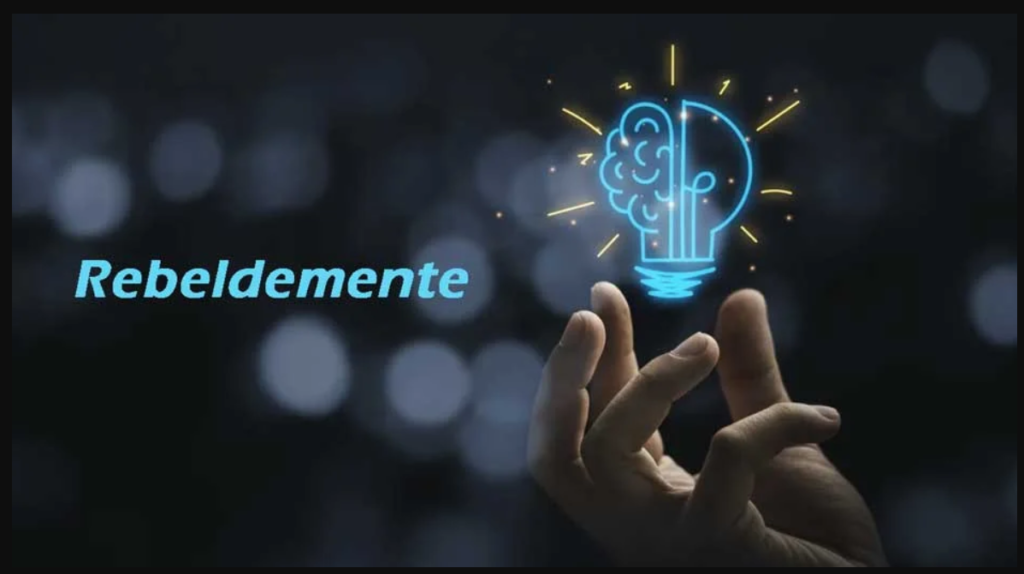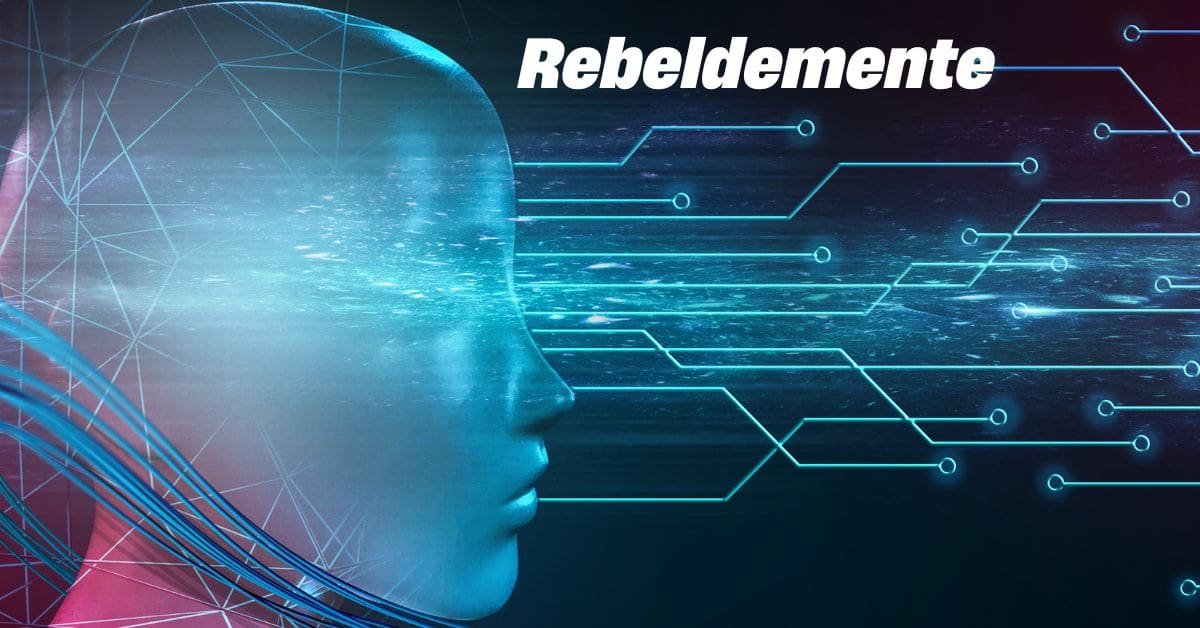In a world that often seeks conformity and compliance, the spirit of rebellion stands out as a beacon of individuality and change. The term “rebeldemente” encapsulates this essence perfectly, drawing from the Spanish word for “rebelliously.” It’s not just about defying authority for the sake of it; rather, it’s about challenging the status quo, questioning norms, and forging new paths. In this article, we delve into the significance of embracing rebellion and the power it holds in shaping our society and ourselves.
Defining Rebeldemente
Rebeldemente is more than just a word; it’s a mindset—a refusal to accept things as they are simply because they’ve always been that way. It’s about looking beyond the surface, questioning the rules, and daring to imagine a different reality. At its core, rebeldemente is an act of defiance against the constraints imposed by society, culture, or even our own fears and limitations.
The Role of Rebellion in History
Throughout history, rebellion has played a crucial role in driving progress and social change. From the American Revolution to the Civil Rights Movement, countless examples demonstrate how acts of rebellion have challenged oppressive systems and paved the way for a more just and equitable society.
Even in the realm of art and culture, rebellion has been a driving force behind innovation and creativity. Avant-garde movements in literature, music, and art have often emerged as a response to the stifling conventions of the past, pushing boundaries and redefining what is possible.
Embracing Rebellion in the Modern World
In today’s interconnected world, the spirit of rebellion takes on new forms and meanings. With the rise of social media and digital activism, individuals have unprecedented platforms to challenge authority and mobilize for change. Movements like #MeToo and Black Lives Matter exemplify how collective acts of rebellion can spark widespread social movements and challenge entrenched power structures.
Moreover, in a rapidly changing global landscape marked by environmental crises, technological advancements, and shifting cultural norms, the need for rebellion has never been greater. It’s no longer enough to passively accept the world as it is; instead, we must actively resist complacency and advocate for a more sustainable and equitable future.
The Personal Dimension of Rebellion

Rebellion isn’t just about changing the world around us—it’s also about transforming ourselves. By embracing a rebellious mindset, we empower ourselves to break free from the constraints of societal expectations and pursue our passions and dreams unapologetically.
This personal dimension of rebellion is perhaps the most powerful of all. It’s about rejecting the notion that we must conform to predefined roles or adhere to narrow definitions of success. Instead, it’s about embracing our true selves and charting our own unique paths, regardless of the obstacles we may face.
Conclusion
In a world that often seeks to tame and control, the spirit of rebellion serves as a reminder of our capacity for resistance and renewal. Whether it’s challenging unjust laws, reimagining cultural norms, or simply refusing to conform to expectations, rebeldemente reminds us that change is possible—and that it begins with each and every one of us. So let us embrace the spirit of rebellion, not as an act of defiance, but as a declaration of our humanity and our limitless potential.
FAQ’s
What does “rebeldemente” mean?
- “Rebeldemente” is a Spanish term that translates to “rebelliously” in English. It embodies the spirit of rebellion—a refusal to conform to established norms or authority.
How is rebellion different from disobedience?
- While disobedience involves simply refusing to comply with rules or orders, rebellion goes a step further by actively challenging the underlying systems or ideologies that enforce those rules. Rebellion is often driven by a desire for broader social or cultural change.
Is rebellion always a positive force?
- Rebellion can have both positive and negative consequences, depending on its context and goals. While it has been instrumental in driving social progress and challenging injustice throughout history, it can also lead to conflict and upheaval if not channeled constructively.
How can individuals embrace the spirit of rebellion in their daily lives?
- Embracing rebellion can take many forms, from questioning authority and challenging societal norms to pursuing one’s passions and dreams despite opposition. It’s about cultivating a mindset of independence, critical thinking, and resilience in the face of adversity.
What role does rebellion play in driving societal change?
- Rebellion has historically been a catalyst for social change, sparking movements and revolutions that challenge oppressive systems and advocate for greater equality and justice. By pushing against the status quo, rebellion forces society to confront its flaws and strive for improvement.
Are there risks associated with embracing rebellion?
- Embracing rebellion can come with risks, including social ostracism, legal repercussions, and personal conflict. However, many individuals and movements throughout history have been willing to accept these risks in pursuit of a greater cause or ideal.
Can rebellion be a force for personal growth and empowerment?
- Absolutely. Embracing a rebellious mindset can empower individuals to break free from societal expectations, pursue their passions, and assert their autonomy. By challenging the limitations imposed by others or by oneself, rebellion can foster personal growth and self-discovery.
How can rebellion be channeled in constructive ways?
- Constructive rebellion involves channeling the spirit of defiance into actions that promote positive change and contribute to the common good. This can include advocating for social justice, challenging oppressive systems, or fostering creativity and innovation.
Is rebellion synonymous with anarchy?
- While rebellion and anarchy share some similarities in their rejection of authority, they are not synonymous. Anarchy typically implies a complete absence of government or authority, whereas rebellion may involve challenging specific aspects of authority or seeking to reform existing systems rather than abolishing them entirely.
What can we learn from the history of rebellion?
- The history of rebellion teaches us that change is possible, even in the face of seemingly insurmountable odds. It reminds us of the power of collective action, the importance of standing up for what we believe in, and the resilience of the human spirit in the pursuit of freedom and justice.




